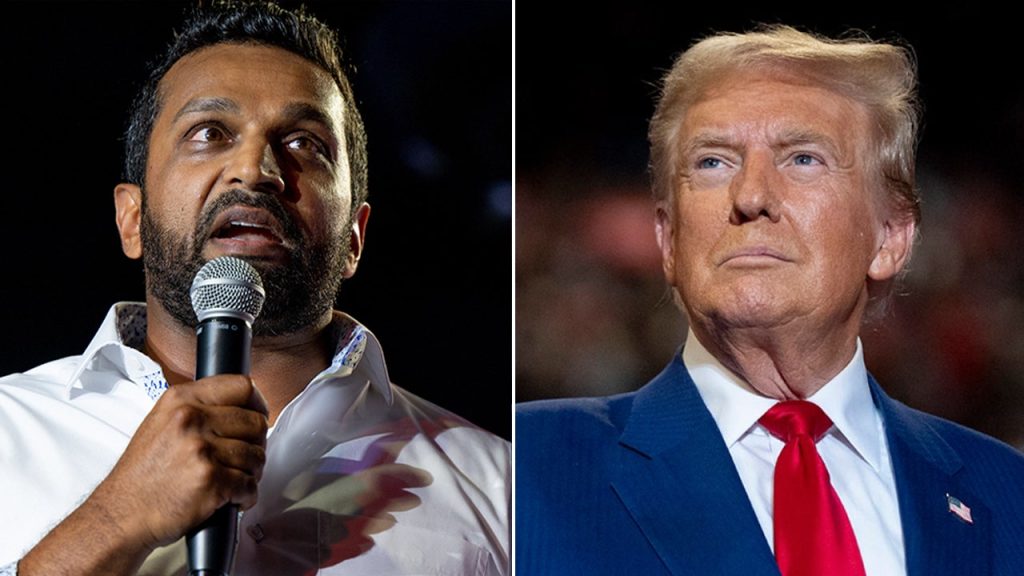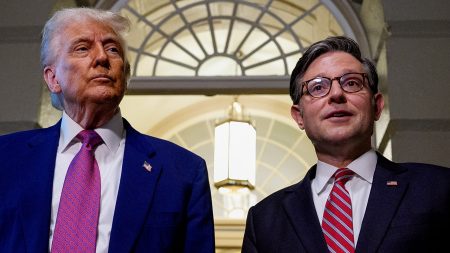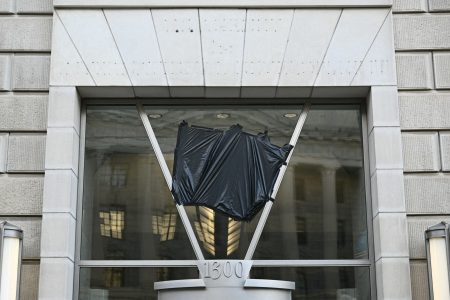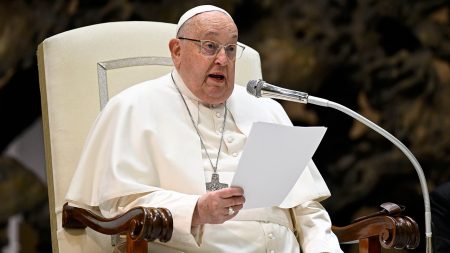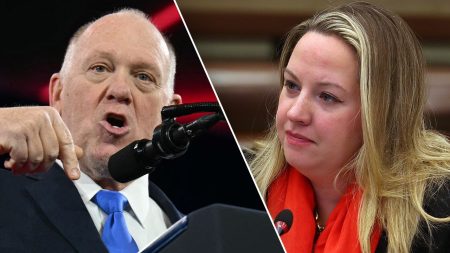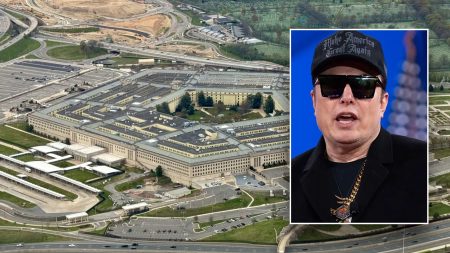Paragraph 1: Trump Celebrates Wray’s Resignation, Decries FBI ‘Weaponization’
Former President Donald Trump hailed the resignation of FBI Director Christopher Wray as a "great day for America," alleging that Wray’s departure would mark the end of the FBI’s "weaponization" against him and his supporters. Trump, in an exclusive statement to Fox News Digital, expressed bewilderment at Wray’s conduct during his tenure, claiming the FBI under Wray’s leadership had unjustly targeted him through actions such as the raid on his Mar-a-Lago residence, investigations related to impeachment proceedings, and indictments. He accused the FBI of wielding its power to "threaten and destroy" innocent Americans, promising his administration would "restore the rule of law." This strongly worded statement marks a significant escalation in Trump’s ongoing feud with the FBI, which he has repeatedly accused of bias and political persecution.
Paragraph 2: Trump Champions Kash Patel as Ideal FBI Director
Trump enthusiastically endorsed Kash Patel as his nominee to succeed Wray, declaring him the "most qualified" candidate in the FBI’s history. He emphasized Patel’s commitment to restoring law, order, and justice to the country. Trump also highlighted his own respect for the rank-and-file FBI agents, suggesting they, too, desire the changes he intends to implement. He framed these changes as being in alignment with the demands of the American people for a strong but fair justice system. This endorsement positions Patel, a staunch Trump loyalist, as a central figure in Trump’s vision for the future of the FBI and underscores Trump’s intent to reshape the bureau’s leadership and direction.
Paragraph 3: Trump’s Vision for "Making the FBI Great Again"
Using his signature campaign slogan rhetoric, Trump expressed his eagerness for Patel’s confirmation, stating it would initiate the process of "Making the FBI Great Again." This slogan clearly echoes his broader "Make America Great Again" campaign theme, suggesting he views the FBI’s transformation as integral to his larger project of restoring America to what he perceives as its former glory. This rhetoric underscores Trump’s desire to overhaul the FBI and align it with his own political agenda, raising concerns among critics about potential politicization of law enforcement.
Paragraph 4: Context of Wray’s Resignation and Trump’s Criticisms
Christopher Wray, appointed by Trump in 2017 following the dismissal of James Comey, was scheduled to serve a ten-year term. His early resignation, effective January 2025, comes amidst ongoing tensions with Trump, who has repeatedly criticized Wray and the FBI for their investigations into his conduct, including his role in the January 6th Capitol riot and his handling of classified documents. Trump’s allegations of FBI "weaponization" reflect a broader narrative embraced by his supporters, who view the bureau as a tool of political persecution against conservatives. This context of political polarization and distrust frames Trump’s pronouncements about Wray’s resignation and his vision for the FBI’s future.
Paragraph 5: Potential Implications of Patel’s Nomination
Kash Patel’s potential appointment as FBI director represents a significant shift in the bureau’s leadership dynamics. Patel, known for his unwavering loyalty to Trump and his controversial role in challenging the findings of the Russia investigation, is likely to face intense scrutiny during the confirmation process. His nomination could further politicize the FBI and intensify the existing partisan divide surrounding the bureau’s operations. The Senate’s confirmation process will be a key battleground in determining the future direction of the FBI and the extent to which Trump’s influence will shape its leadership.
Paragraph 6: The Future of the FBI and the Rule of Law
The events surrounding Wray’s resignation and Trump’s subsequent statements raise crucial questions about the future of the FBI and the rule of law in the United States. Concerns about politicization, accountability, and the balance between law enforcement powers and individual rights are at the forefront of the debate. The next chapter in the FBI’s history will depend on the Senate’s confirmation decisions, the actions of the new FBI leadership, and the ongoing national conversation about the role and responsibilities of law enforcement agencies in a deeply polarized political climate. The stakes are high, with the integrity and independence of the FBI hanging in the balance.




